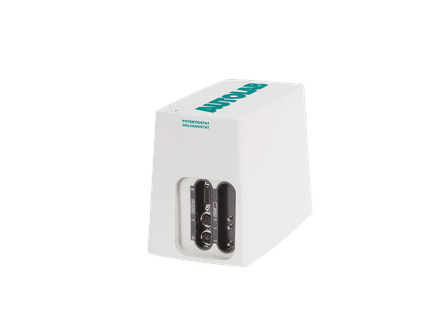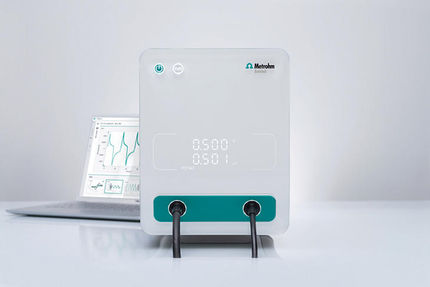To use all functions of this page, please activate cookies in your browser.
my.chemeurope.com
With an accout for my.chemeurope.com you can always see everything at a glance – and you can configure your own website and individual newsletter.
- My watch list
- My saved searches
- My saved topics
- My newsletter
Ibn WahshiyyaIbn Wahshiyah (fl. 9th century/10th century) (Arabic: أبو بكر أحمد بن وحشية) was an Arab Aramean writer and alchemist, born at Qusayn near Kufa in Iraq. Full name is; Abu Bakr Ahmed ibn 'Ali ibn Qays al-Wahshiyah al-Kasdani al-Qusayni al-Nabati al-Sufi [1] Product highlightA reference to Ibn Wahshiyah is made in the archaeological mystery Labyrinth by Kate Mosse. WorksIbn al-Nadim (in Kitab al-Fihrist) list a large number of books on magic, statues, offerings, agriculture, alchemy, physics and medicine, that were either written, or translated from older books, by Ibn Wahshiyah. It is thought that he wrote or translated a book called Nabataean Agriculture (Kitab al-falaha al-nabatiya) (c. 904), a major treatise on the subject, which was said to be based on ancient Babylonian sources. The book extols Babylonian-Aramean-Syrian civilization against that of the conquering Arabs. It contains valuable information on agriculture and superstitions, and in particular discusses beliefs attributed to the Sabeans that there were people before Adam, that Adam had parents and that he came from India. These ideas were discussed by the Jewish philosophers Judah ben Samuel Halevi and Maimonides, through which they became an influence on the seventeenth century French Millenarian Isaac La Peyrère. Ibn Wahshiyah is also said to be author of Kitab Shawq al-Mustaham, a work that discusses a number of ancient alphabets and claims to offer a translation of Egyptian hieroglyphics. An edition of the Arabic text with English translation by Joseph Hammer appeared in 1806 and the text was known to Silvestre de Sacy a colleague of Jean-François Champollion. Dr Okasha El Daly, at University College London's Institute of Archaeology, claims that hieroglyphs had been decoded by Ibn Wahshiyah, eight centuries earlier than Champollion deciphered the Rosetta stone.[2]
See also
References |
| This article is licensed under the GNU Free Documentation License. It uses material from the Wikipedia article "Ibn_Wahshiyya". A list of authors is available in Wikipedia. |







